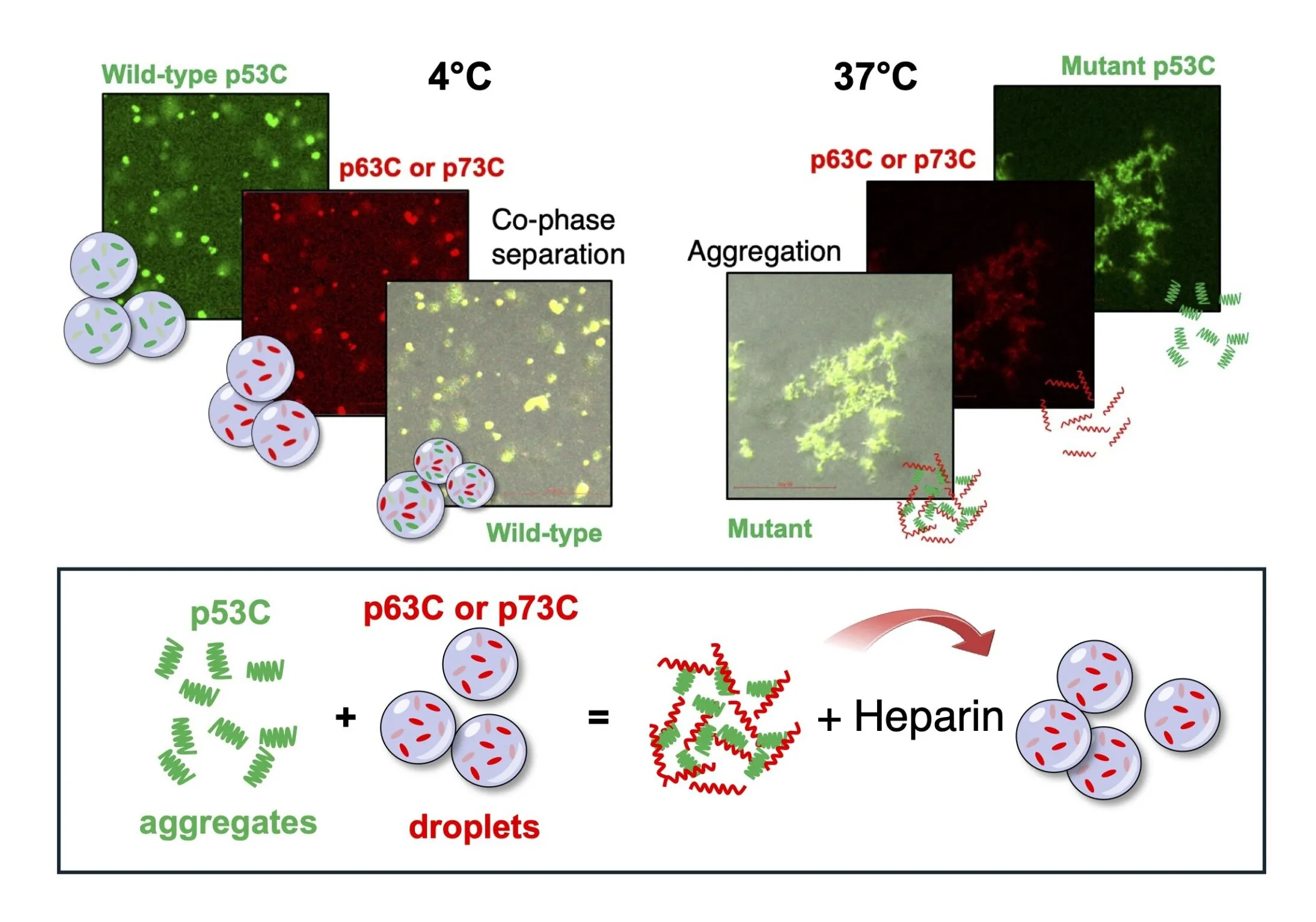Medicine Research: How Mutant p53 Protein Drives Cancer Development

Medicine Science Breakthrough: Impact of Mutant p53
Recent medicine research at the Federal University of Rio de Janeiro and the National Institute of Science and Technology for Structural Biology and Bioimaging has unveiled how mutant p53 proteins are able to convert other healthy proteins into drivers of cancer. This alarming discovery signifies a crucial shift in our approach to cancer biology.
Key Findings in Health Research
- Mutant p53 impacts cellular mechanisms
- It triggers oncogenic processes in surrounding proteins
- Potential new targets for cancer treatment
These findings in health science open pathways for novel strategies in combating cancer. The research underscores the importance of understanding protein interactions as they relate to cancer development, which forms a vital aspect of contemporary medicine science.
Disclaimer: The information provided on this site is for informational purposes only and is not intended as medical advice. We are not responsible for any actions taken based on the content of this site. Always consult a qualified healthcare provider for medical advice, diagnosis, and treatment. We source our news from reputable sources and provide links to the original articles. We do not endorse or assume responsibility for the accuracy of the information contained in external sources.
This article was prepared using information from open sources in accordance with the principles of Ethical Policy. The editorial team is not responsible for absolute accuracy, as it relies on data from the sources referenced.